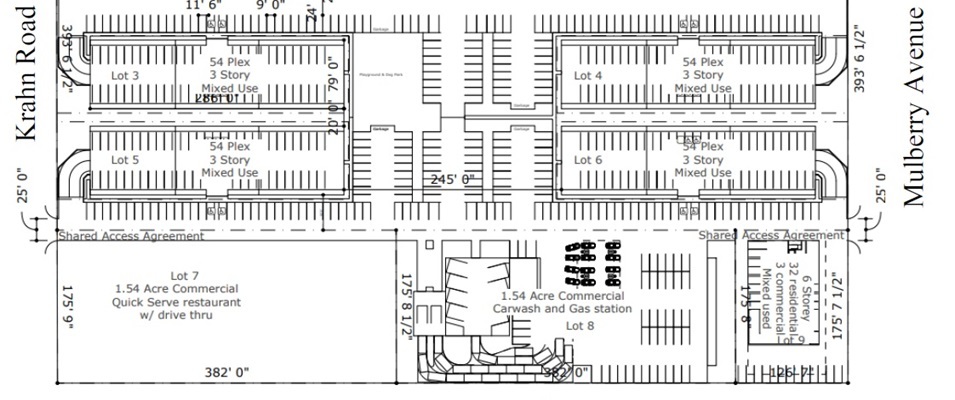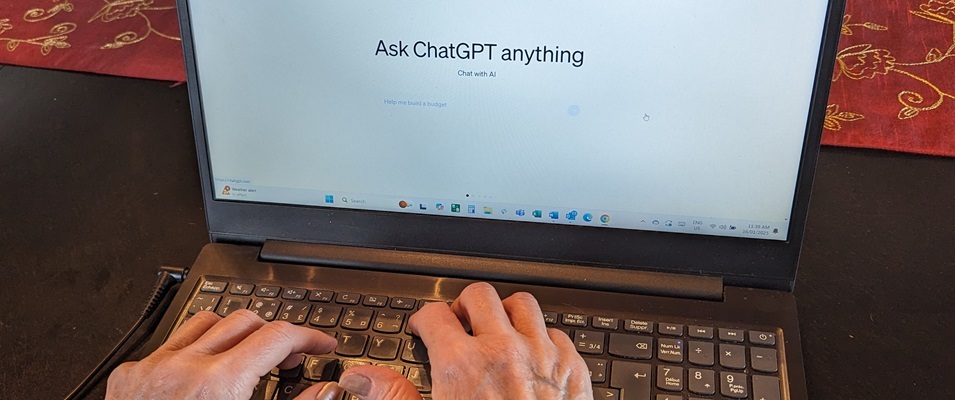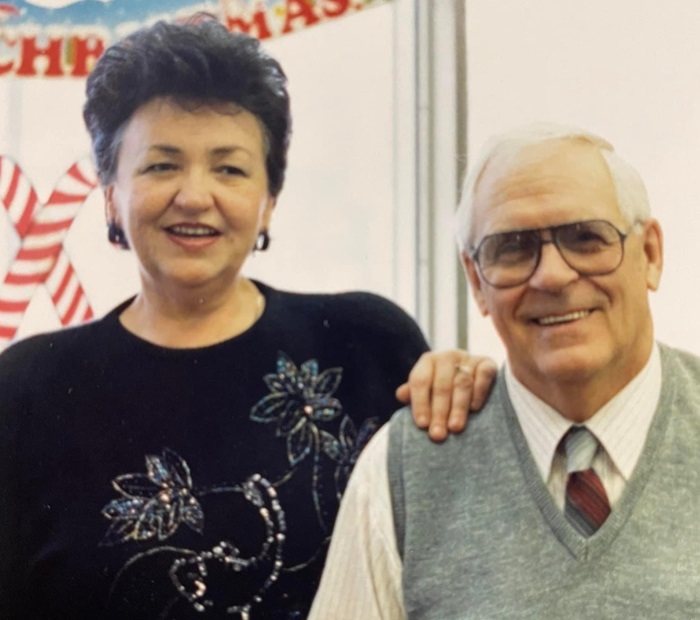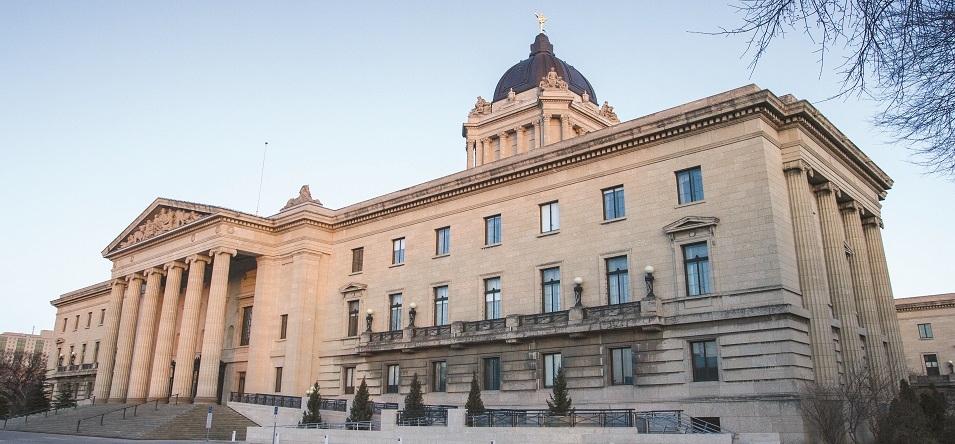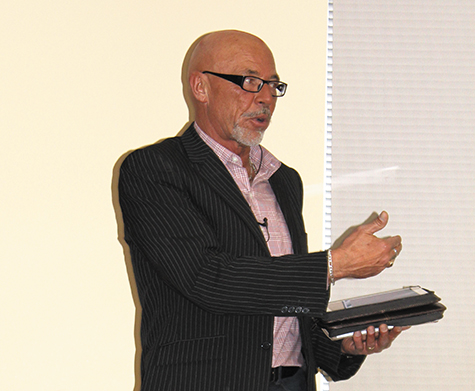
On March 15, John Falk held a wine-and-cheese mixer at his campaign headquarters at 295 Main Street in Niverville. The event kicked off his run with the Liberal Party of Manitoba in the Morris riding.
Falk addressed attendees with an opening message of disappointment in having to step down from Niverville’s town council, a position he’s held for seven years and will truly miss. Elections Manitoba requires that candidates for a provincial election not hold a position as a municipal councillor.
“I look at this as an opportunity to serve beyond my community in an even bigger capacity,” says Falk.
“John is a respected councillor in his area and has been a great citizen with a long history of volunteerism,” says Mike Brown, director of communications for Liberal Leader Rana Bokhari. “Rana has been very particular when it comes to candidates and she is especially excited about John as a leader in his constituency.”
Falk began giving back to his community in 1987 when, together with his wife Irene and several other community members, he founded Niverville’s first youth drop-in centre. Later, many students and parents came to know Falk as coach of the Junior Varsity and Varsity Girls basketball teams at Niverville Collegiate. For the past five years, he’s served on the board of Imagine Mental Health Matters (IMHM), sharing the organization’s deep desire to end the stigma attached to mental health issues.
Through his years as a town councillor, Falk has learned the importance of working together with citizens in finding solutions.
“Leadership is all about listening,” says Falk. “It’s not about control… The Liberal party is a strong believer in talking to the people, going to the grassroots. We are a ground-floor-up party versus a top-down.”
Falk enthusiastically endorses the Fair Share, Fair Say campaign, initiated by the Association of Manitoba Municipalities. The campaign advocates to see more provincial tax dollars funnelled into municipalities and less restrictions on how the funds are allocated. The Manitoba Liberals intend to do just that by turning over one percent of the provincial sales tax to municipalities. According to Falk, municipalities will be given the freedom to apply the extra funds wherever they deem necessary.
“Whether it’s roads or expansion of lagoons, the provincial government doesn’t know what municipalities need like the locals do,” says Falk. “It is [a] huge [benefit] to give municipalities a choice in where they want to spend their money instead of Big Brother
telling them, ‘This is where you’ve got to do it.’ That’s not right.”
Falk’s experience with IMHM predisposes him toward another Liberal plan to place mental health under the umbrella of provincial healthcare.
Third on Falk’s policy list is a proposal to phase out payroll tax over the next five years. Falk states that the imposition of a payroll tax penalizes businesses for providing jobs, and it discourages business growth. Another tax to be phased out under a Liberal government is the land transfer tax on first-time homebuyers.
The Liberals also plan to provide more financial support to arts, culture, and tourism. Falk believes that growth in these areas will benefit the province by drawing in more out-of-province spending and help build up the economy.
Falk addressed childcare issues in Manitoba, alluding to the ever-growing waitlists for childcare facilities. A Liberal government would invest in childcare-provider training, increase provider wages, and create more infrastructure.
“It is a well known fact that for every dollar that you invest in childcare, two dollars is being returned to the economy,” Falk says.
Falk addressed one final Liberal proposal: guaranteed minimum income (GMI), or “mincome,” as the party calls it. The proposal would look at providing every Manitoban with a guaranteed income, similar to a senior’s pension but impacting people of all ages.
The idea is not a new one. In the mid 1970s, Prime Minister Pierre Trudeau and Manitoba Premier Ed Schreyer implemented a trial study in Dauphin, Manitoba. A program was put in place to provide a guaranteed income to low- or no-wage earners for four years. In the end, according to Falk, it positively impacted the residents’ education levels, overall health, and self-image.
Unfortunately, with the election of a new premier, the study was dropped and the results filed away in boxes. Falk suggests that, at this point, the Liberals are only prepared to bring the GMI findings back to the table for discussion. Two pilot projects will be initiated to start it off.
In closing, Falk reminded those gathered of his desire to give Niverville and the Morris riding a stronger voice.
“For 62 years we’ve been under PC leadership,” says Falk. “The tendency [in those circumstances] is to take people for granted. That’s a danger.”
He appealed to those who have been long-time PC voters to consider a change. “Is having a local MLA worth considering changing your vote? I think it does make a difference.”





